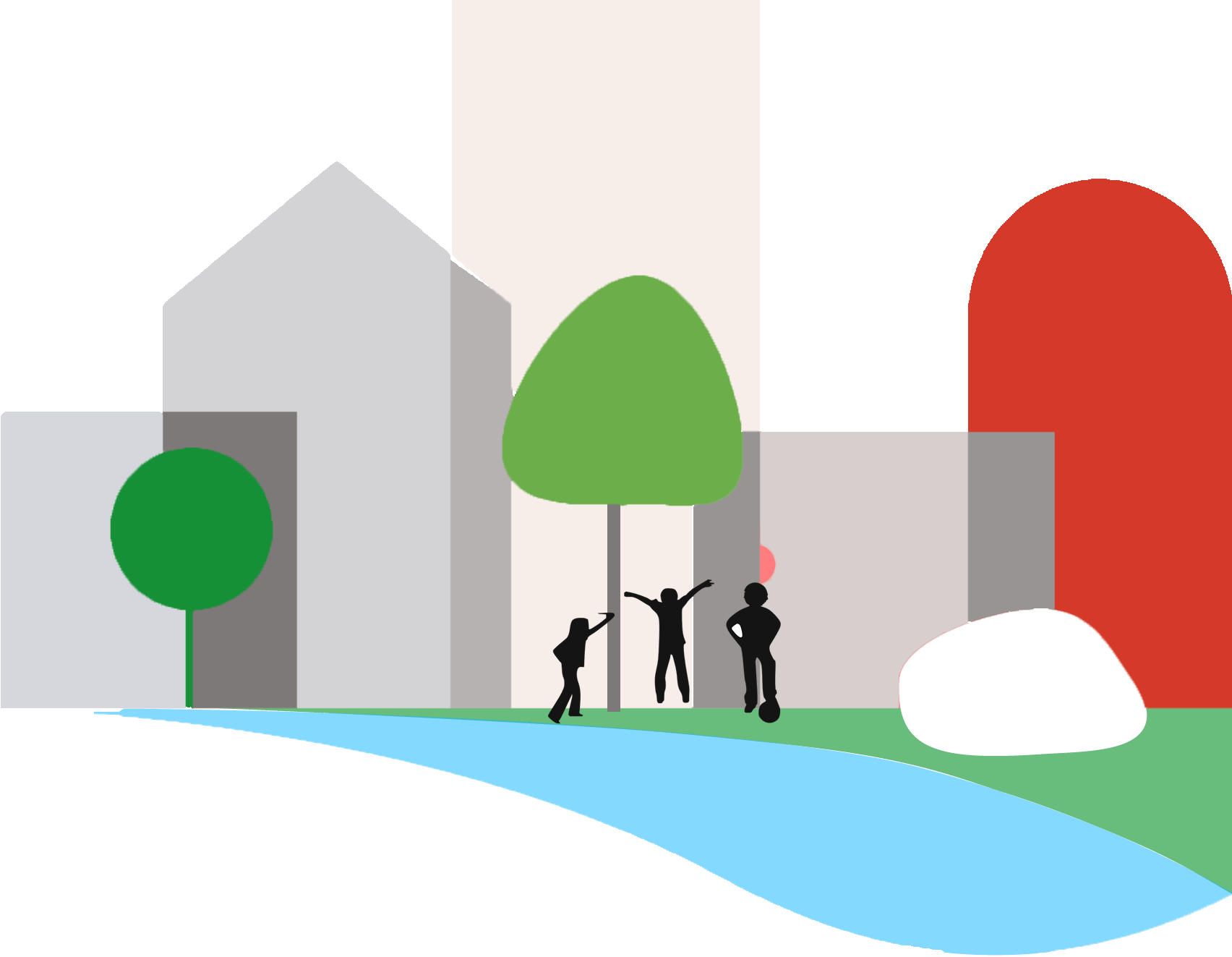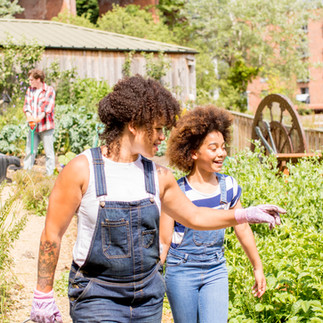Coming this Fall! The EMoGI Project: Emotional Mapping of Green Infrastructure
- Michelle Contarino
- Aug 14, 2022
- 3 min read
How many hours a week do you spend outdoors? Perhaps this is not something you have ever really thought about. For many adult Americans, spending time in nature is not necessarily a priority. Our lives are full of work and responsibilities that keep us indoors, separating us from physical activity, social connection, and the fresh air that our minds and bodies crave so that we can live fulfilling lives.
According to the American Psychological Association, spending time in nature significantly improves mental health and well-being, increases happiness, decreases mental stress, reduces risk of depression and substance use disorder, and sharpens attention. Research has shown that overall, people who spend more time in nature are happier and experience a greater level of connection within their communities which helps decrease the effects of loneliness and social isolation. These are all wonderful things, right? But what happens when we live in places where green space is scarce, or we do not have the time and money to have outdoor experiences? A team from Rowan University led by Dr. Mahbubur Meenar, Director of the Community Planning + Visualization Lab, will attempt to answer these questions in their new EMoGI research project.
Beginning in September 2022, the research team, which consists of Dr. Meenar and Co-Investigators Dr. Jennifer Kitson, Dr. Leslie Spencer, and Dr. Ashley York, will conduct a pilot study that investigates people’s perceptions and emotional attachments to green infrastructure (GI) such as parks, open spaces, community gardens, and green roofs. Several international scholars, including Dr. S .M. Labib (Nederlands) and Dr. Jirka Panek (Czech Republic), will advise the project team. The project will focus on disadvantaged urban neighborhoods and the experiences of residents who are typically underrepresented in GI research. It is important to note that in urban communities, people’s physical and mental well-being are tied to many elements including GI. Previous research suggests that GI in many urban communities—including ones that are experiencing the results of years of systemic racism, disinvestment, and environmental injustices—is not equitably distributed or not always socially welcomed or understood for various reasons and can therefore be misused, preventing it from fulfilling its primary contribution to health and environment (source: The EMoGI Project).
The project will focus on the city of Camden, New Jersey. The research team, through a mixed-methods research design, will examine the relationships between how people perceive and respond to GI. They will also attempt to determine what, if any, relationship exists between this response and socio-economic profiles, neighborhood conditions, and vulnerabilities to threat hazards (e.g., pandemic, climate change). The goals of the study are:
to examine relationships between emotions and GI in disadvantaged urban places;
to create emotional maps to understand the relationships between GI, emotions, and locations;
to explore if/how the relationships vary among four adult population groups typically underrepresented in GI research; and
to interpret how the relationships impact community mental health and well-being and are meaningful to public health officials, planners, and policy makers.
Project goals and outputs will be shared on the website https://www.planviz.org/emogi. The emotional maps will be used to guide planning, public health, and policymaking.
As our Rowan University researchers undertake this important project, I invite you to not only follow along with us, but also embark on an important project of your own. Let’s start thinking about the ways that we can spend more time in nature to improve our own health and well-being. As little as a 30-minute walk around the block can be enough to help us feel happier. On your journey, make sure you say hello to your neighbors to build community connections. Listen to the sounds the birds make as they sing their beautiful songs. And open your eyes to the splendor that Mother Nature has to offer. As sweltering summer days fade into the mild temperatures and changing leaves and landscapes that fall brings, you are just one step away from improved health and wellbeing. All you have to do is open your door and your heart!











Comments